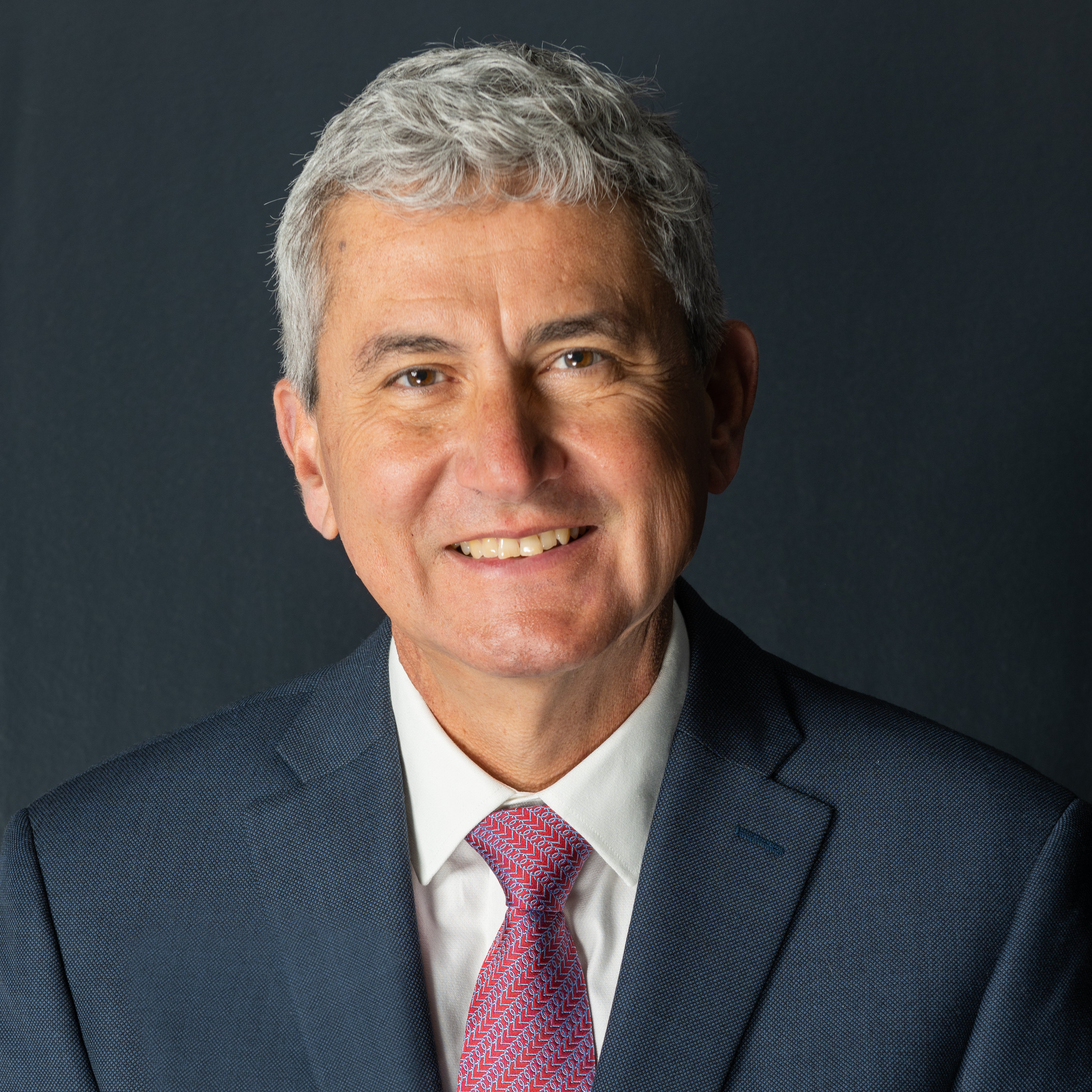Pablo Laguna
- Professor
- Department Chair
- Physics
- Weinberg Institute

Contact Information
Biography
Laguna received his bachelor’s degree in physics in 1981 from the Universidad Autonoma Metropolitan at Iztapalapa in Mexico City, and his doctoral degree in physics in 1987 from the University of Texas at Austin. He was a postdoctoral fellow at the Center for Relativity at the University of Texas at Austin from 1987 to 1989, and a visiting assistant professor at Drexel University from 1989 to 1990. He was a postdoctoral fellow at Los Alamos National Laboratory from 1990 to 1992. In 1992, he joined the faculty of the Department of Astronomy and Astrophysics at Penn State as an assistant professor. He was promoted to associate professor in 1998 and to professor in 2000. He was named associate director of both the Center for Gravitational Wave Physics and the Institute for Gravitational Physics and Geometry in 2001. In 2008, he became professor in the Schools of Physics and of Computational Science and Engineering at the Georgia Institute of Technology. He is founding member and first director of the Center for Relativistic Astrophysics at Georgia Tech until 2013 when he became chair of the School of Physics. Laguna was named fellow of the American Physical Society in 2008 and elected to the Mexican Academy of Science in 2007. He received in 2016 the Edward A. Bouchet award from the American Physical Society “for contributions to numerical relativity; in particular, on the simulation of colliding black holes.” In 2020, he joined the faculty in the Department of Physics at the University of Texas at Austin. He is also member of the Center for Gravitational Physics in the same department. In 2021, he became chair of the Department of Physics.
Laguna is a computational astrophysicist, investigating astrophysical phenomena involving binary systems with black holes and/or neutron stars. These systems provide the ultimate expression of Einstein's theory of General Relativity. Laguna's computational studies are contributing to a new astronomy based on gravitational wave observations.
Research
A member of the Center for Gravitational Physics in the College of Natural Sciences Weinberg Institute, Laguna researches computational astrophysics and numerical relativity focused on solving the Einstein’s equations of General Relativity to study gravitational wave and astrophysical phenomena such as the merger of black holes and/or neutron stars and tidal stellar disruptions by massive black holes.
Research Areas
- Cosmology or Space
Centers and Institutes
- Weinberg Institute
- Center for Gravitational Physics
